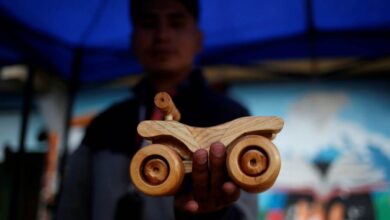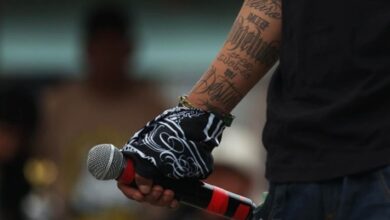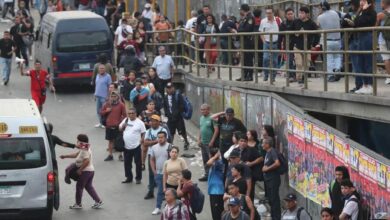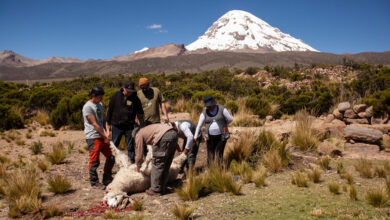Bolivia Runoff Shakes Markets as Pro-Business Rivals Vie for Mandate
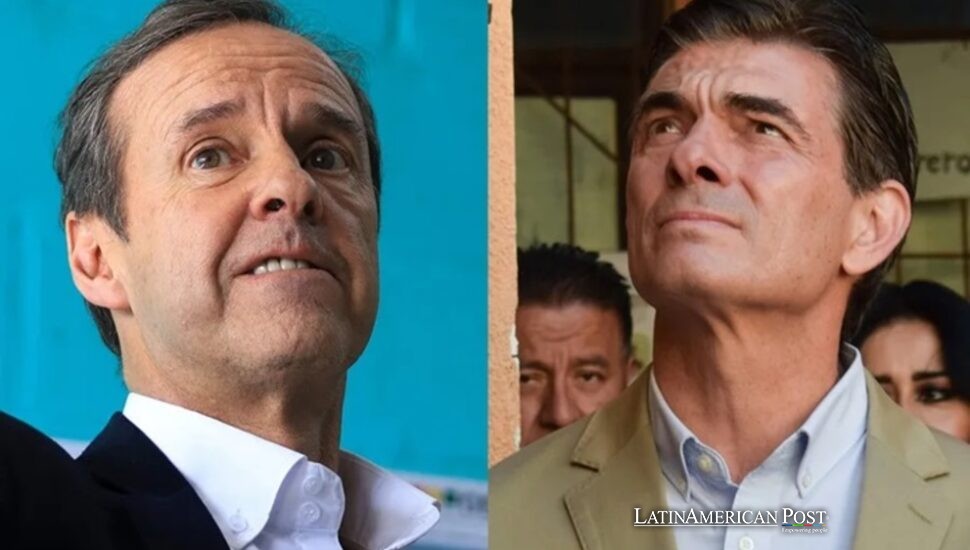
In a stunning first-round upset, two pro-market rivals now face off to lead Bolivia out of its most profound economic crisis in a generation—shaking off a twenty-year socialist grip and setting the stage for a runoff that could redraw alliances across the Americas.
A Twenty-Year Script Flips Overnight
By the time 95% of votes were tallied, the math no one expected had already taken hold. Rodrigo Paz, a 57-year-old senator with business-world backing, had surged to 32% of the vote. Just behind him, former president Jorge “Tuto” Quiroga stood at 27%. Both had campaigned on fiscal reform and foreign investment. And both had done what no opposition figure had managed since 2005: push Bolivia’s once-mighty socialist ruling party off the presidential stage.
This was supposed to be a coronation for someone else. Entrepreneur Samuel Doria Medina, who led in early polling with support from billionaire Marcelo Claure, was projected as the front-runner. Instead, he finished a distant third, withdrew, and endorsed Paz—along with his message: “Finish what we started.”
The story behind the votes was written in shortages, price spikes, and years of austerity fatigue. For months, Bolivians stood in fuel lines and watched food staples vanish. Inflation hit its highest mark in over 30 years. Dollar reserves shrank. The subsidies and currency controls that once steadied the country now strangled it. The old compact had expired. Voters, sick of waiting, reached for the only thing still available in abundance: change.
Two Roads to Reform, One Restless Street
The runoff is now a contest between two versions of urgency.
Paz aims to unify Bolivia’s fractured exchange rates, where official pricing has diverged significantly from black market prices, and to bring inflation under control without cutting social protections. His rhetoric is calibrated: tough but inclusive. “Austerity,” he says, “has to mean efficiency, not cruelty.”
Quiroga’s program leans harder into extraction and speed. A former president during a previous crisis, he’s betting that lithium is Bolivia’s escape hatch. His plan is straightforward: attract global capital, revive dormant gas fields, and swiftly convert the world’s largest lithium reserves into revenue. Where Paz talks about closing the wound, Quiroga talks about reigniting the engine.
Investors, at least for now, like both. Bond prices climbed on word of a runoff between reformers. But the real challenge isn’t market confidence—it’s public patience. Whoever wins inherits a budget full of red ink, a deficit that’s growing, and an electorate already stretched thin by shortages. If one of these men doesn’t deliver quick, visible relief, the honeymoon will last precisely one week.
A Shattered Left, and a Legislature Rewritten
This wasn’t just a presidential race—it was a referendum on an era.
For the first time in two decades, Bolivia held a national election without Evo Morales on the ballot or in the wings. His successor, President Luis Arce, opted not to run. The Movement for Socialism, once a continent-shaping political machine, splintered into factions, spoiled ballots, and single-digit candidates. Andrónico Rodríguez, a young senator seen as Morales’ ideological heir, pulled just over 8%. The official MAS nominee barely cracked 3%.
And the losses didn’t stop there. In Congress, Paz’s Christian Democrats and Quiroga’s Libre coalition now hold the largest blocs. MAS, once dominant, is at risk of losing most—if not all—of its legislative muscle. That means any new president won’t have to beg for votes to pass reforms. But it also means no excuses. The days of blaming gridlock are over.
The fragile center that now governs Bolivia will need to show unity fast. Shared economic goals don’t always translate to shared timelines, mainly when currency fixes, subsidy cuts, and debt negotiations start to bite. In this new Congress, the margin for error is razor-thin.
A Long Arc from Boom to Bust to Reset
To understand what’s at stake, you have to rewind.
Evo Morales swept to power in 2006, buoyed by a natural gas boom that funded social programs, cut poverty, and gave Bolivia a decade of solid growth. But when gas prices collapsed after 2015, the system faltered. Subsidies ballooned, foreign reserves fell, and the currency became harder to defend. Inflation returned. And the same policies that once felt protective now felt suffocating.
Under both Morales and Arce, Bolivia leaned hard on regional allies like Venezuela and Nicaragua, deepened economic ties with China, and kept Washington at arm’s length. Now, both Paz and Quiroga suggest it’s time to shift gears. Neither talks about ideology. They talk about financing.
Both want closer coordination with the United States, not out of nostalgia but necessity: debt restructuring, trade access, and lithium development all flow through those channels. That recalibration may prove painful. The Indigenous and rural voters who made MAS a powerhouse aren’t going anywhere. They still expect jobs, dignity, and a voice. Paz gestures to unity; Quiroga leans on credentials. The next few weeks will test which tone voters believe.
Also Read: Puerto Rico Sings Along as Bad Bunny Powers a Tourism Boom
Come November 8, the winner won’t have time to savor the moment. Inflation, energy, and food will dictate the political calendar. Hospitals need supplies. Gas stations need fuel. People need an honest answer about when their wait ends.


